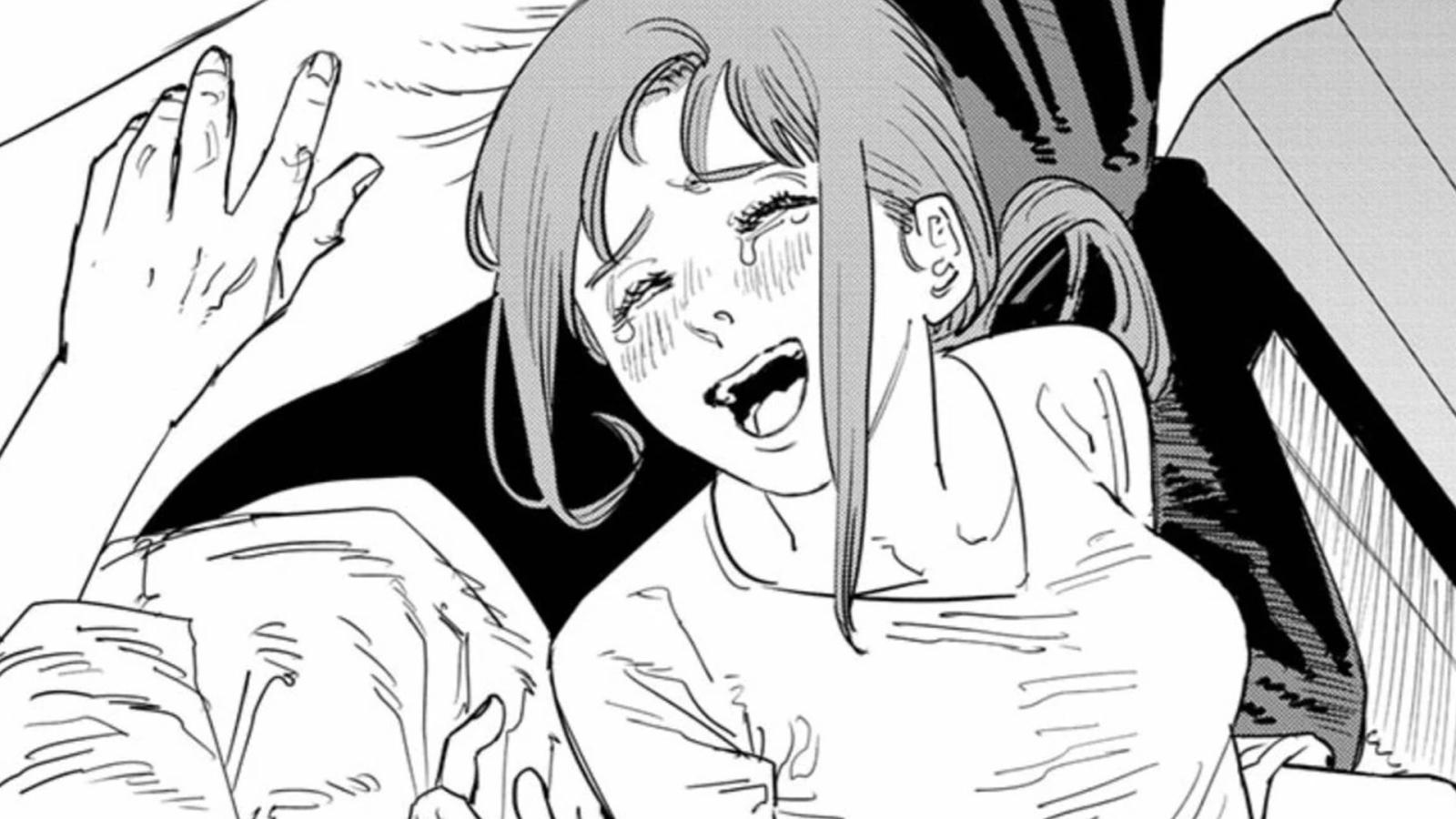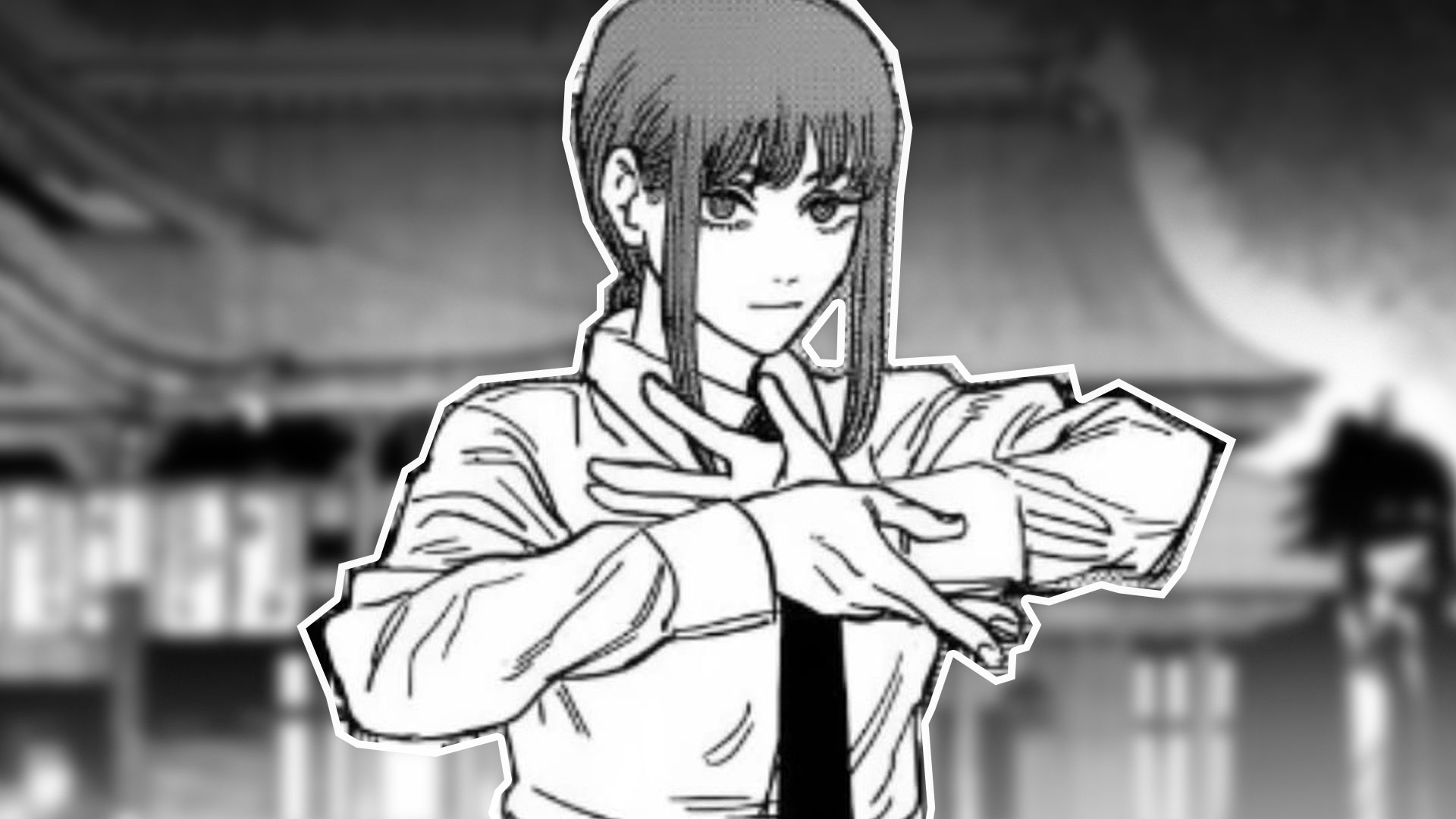Beauty and/or the Beast.
Chainsaw Man manga spoilers ahead!
Summary:
- Chainsaw Man not only features an unconventional main character, but also an unusual villain.
- At a certain point in the narrative, it becomes clear that Makima plays the role of femme fatale.
- Makima is not a passive love interest, but a full-fledged character with her own (devious) plan.
It is unlikely that anyone will argue that Chainsaw Man is a phenomenon. Tatsuki Fujimoto's manga, like its anime adaptation, was a revolution for the shonen genre. It's not only about excessive violence and unconventional main character, whose demonstrative nihilism is disconcerting, but also about the villain.
If you haven't read the manga — beware of spoilers — the main antagonist is Denji's love interest Makima. This is a good point to explore Makima's uniqueness in the shonen genre.
Beauty on the outside

There is no doubt that Makima is an exceptionally attractive girl. Consider the scene where we meet her. In the rays of the setting sun, she holds Denji's head in her lap. The mise-en-scène itself creates a genuine feeling of comfort and maternal security.
At the same time, from the very beginning Makima makes clear signs of a sexual nature towards Denji, which puts him, like us, the audience, in an ambiguous position. We as viewers don't fully understand her real motives.
At a certain point in the narrative, it becomes clear that Makima is playing the role of the femme fatale in Chainsaw Man, a kind of noir female figure who embodies contradiction.
External beauty with an inner mystery that remains hidden from the viewer until a certain moment. Makima's hidden mystery excites the imagination, but at the same time it awakens anxiety. It seems that Maxima poses a danger. What is the reason?
Demon inside
.jpg)
The psychoanalytic interpretation of the femme fatale figure states that it is a fetishized male fantasy of beautiful women. Even if this is not the case, this explanation perfectly shows why Makima became so popular.
Shonen series are primarily aimed at a male audience, and Chainsaw Man is a shonen, so it's no surprise that Fujimoto flirts with the fantasies of his target audience.
There's nothing wrong with that, considering how Makima works — as a reversal of viewer’s expectations. This is not a passive love interest, but a full-fledged character with her own (devious) plan.
.jpg)
In recent years, shonen have lacked such female characters (remember what happens to the heroines of Attack on Titan). This should not be seen simply as a progressive agenda. It's a way for authors to make their stories and imagery more exciting for the audience.
It is indicative of Makima's superpower: mind control. In anime, such characters are not rare (for example, Lelouch from Code Geass), but in Makima's case it is truly symbolic. She has literally been controlling the minds of anime fans for several years now.

